ITO Thailand Hygiene Blog
Let’s get to know more about GHP
It is undeniable that cleanliness in food is of paramount importance. This is because food that is not clean enough can cause illnesses such as diarrhoea, contamination of parasites and germs, mouth sores from foreign bodies, etc. If it is a serious disease, it may even lead to disability, dismemberment, or death. Therefore, each country needs to have laws to control food hygiene for safety and consumer protection and compliance with international standards.
In Thailand, an important legal standard is GMP (Good Manufacturing Practices), which is required to be met before a food factory can be established. Currently, efforts are being made to raise the level of CODEX 2020 International Standards as Good Hygiene Practices (GHP) (currently Draft TAS 9023-2021 and TAS 9024- 2021), which will be more comprehensive and detailed. The scope has been expanded from specific factories or food production industries to food business operators (FBOs) such as retail, hospitality, and food transportation. The overview shall indicate “as necessary” or “as appropriate”. As to the answer whether it is appropriate or not, it is considered based on the likelihood, severity, and the likelihood of harming consumers, because each entrepreneur has different details, needs, and situations.
This change comes with many interesting points such as:
1. The entrepreneurs should play a role in supporting creation of a positive culture regarding food safety, and Management should support Operations as well.
2. Allergens which require attention for management and prevention of contamination
3. Additional training such as training on allergens, food dangers, food storage conditions, machine utilization and maintenance, for instance.
4. Training to refresh knowledge and training recording
As for the personal hygiene part, it is still similar to the previous one, consisting of 3 components as follows:
1. Healthcare (sickness, injuries, communicable diseases, food carriers)
2. Upkeep of personal cleanliness: There should be standards to prevent cross-contamination from employees such as hair nets and mustache covers, proper shoes or a device to help remove hair and wash the shoes. Emphasis is placed on hand washing before starting work, returning from breaks, using the restroom and handling dirty things.
3. Perform work in accordance with the job requirements
ITO Thailand would like to be a part of adopting innovation in food safety.
#GHP #foodcleanliness #foodhygiene #personalhygiene #enterpreneurrole #allergens #training
Related Post
-
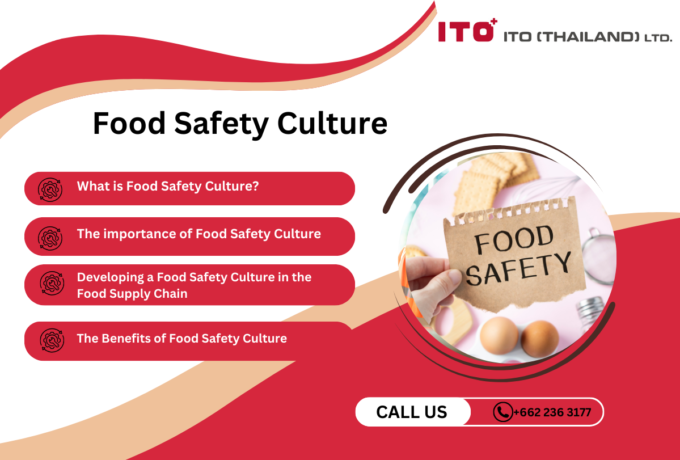
Food Safety Culture
Food safety culture plays a crucial role in safeguarding the company's reputation, ensuring the well-being of its employees, and providing a safe experience for its customers.
-
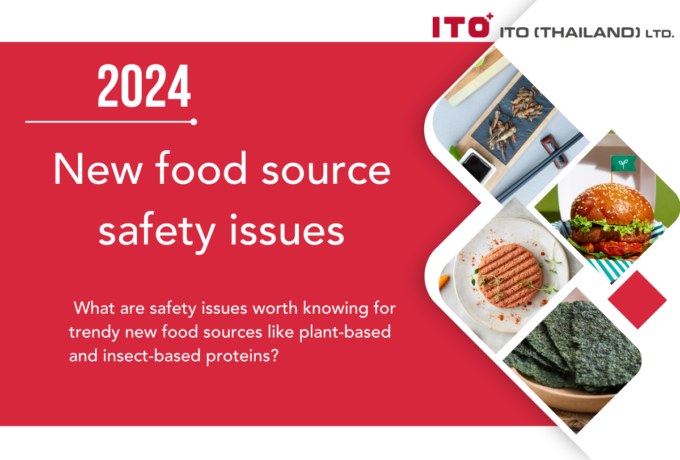
New food source safety issues
What are safety issues worth knowing for trendy new food sources like plant-based and insect-based proteins?
-
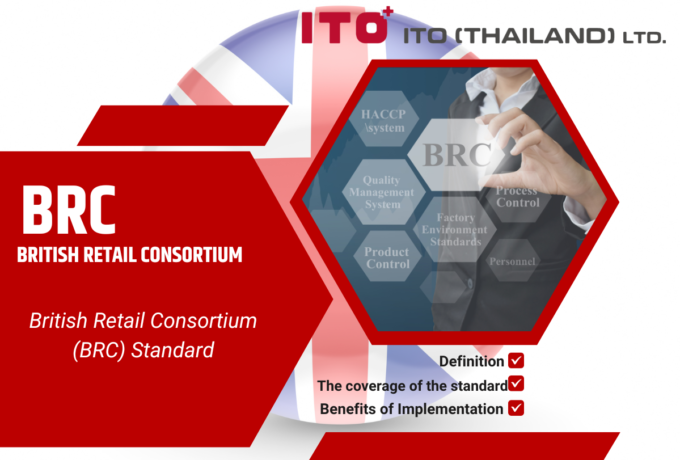
British Retail Consortium (BRC) Standard
Food safety management systems play a vital role in ensuring the production and distribution of safe and high-quality food products to consumers. With the global food supply chain becoming increasingly complex, food businesses must implement effective systems prioritising safety, quality, and compliance with industry standards. A food safety management system encompasses a set of procedures, processes, and controls designed to identify, prevent, and manage potential hazards at every stage of the food production and supply process. This proactive approach not only safeguards consumers' health but also protects the reputation and credibility of food companies in an ever more competitive market.
-
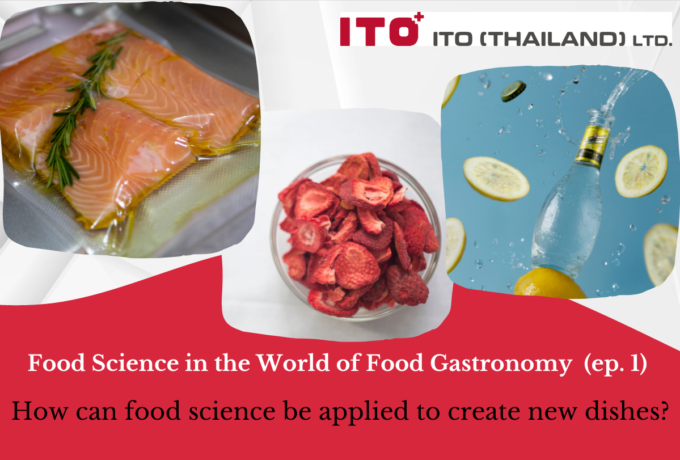
Food Science in the World of Food Gastronomy (Part 1)
How can food science be applied to create new dishes?
-
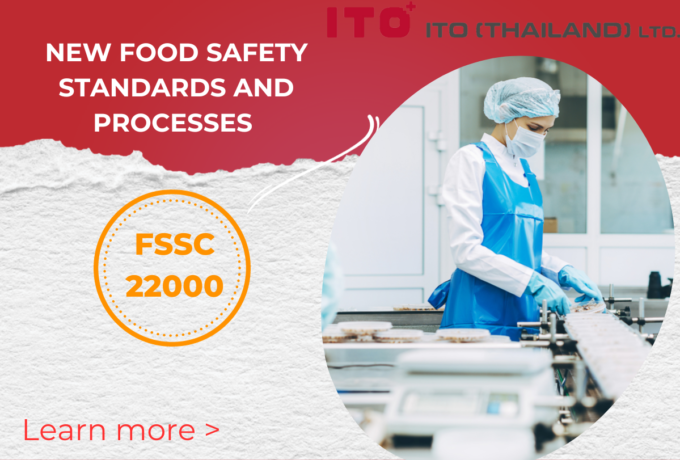
FSSC 22000
Food manufacturers must ensure food safety standards and processes. FSSC 22000 is an official certification program for Food Safety Management Systems (FSMS) recognised by the Global Food Safety Initiative (GFSI). This certification scheme offers a set of guidelines and procedures to ensure uniformity, openness, and safety across your entire supply chain. It applies to all companies operating within the food and beverage industry, ranging from farmers to retailers. By fulfilling the necessary criteria and obtaining FSSC 22000 certification, it is demonstrated that the required standards for food quality and implementing effective processes to manage and mitigate risks associated with food fraud, foodborne illnesses, expensive recalls, and other external threats are met.
-

Food Safety Aspects of Artificial Sweeteners
Artificial sweeteners, also known as sugar substitutes, non-nutritive sweeteners, or high-intensity sweeteners, are artificially produced compounds utilised in place of sucrose (table sugar) to add sweetness to food and drinks. Due to their significantly higher sweetness than regular sugar, only a fraction of artificial sweeteners (200 to 20,000 times less) is required to achieve an equivalent level of sweetness. Since the caloric contribution of these sweeteners, when used in such small quantities, is insignificant, they are often referred to as non-nutritive (4).









